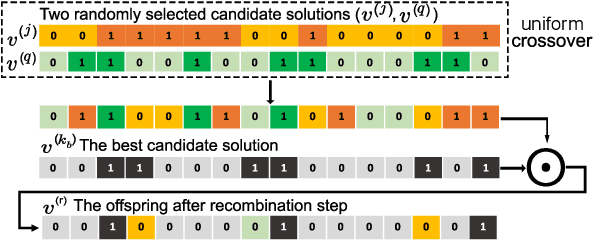Query Efficient Decision Based Sparse Attacks Against Black-Box Deep Learning Models
Paper and Code
Jan 31, 2022



Despite our best efforts, deep learning models remain highly vulnerable to even tiny adversarial perturbations applied to the inputs. The ability to extract information from solely the output of a machine learning model to craft adversarial perturbations to black-box models is a practical threat against real-world systems, such as autonomous cars or machine learning models exposed as a service (MLaaS). Of particular interest are sparse attacks. The realization of sparse attacks in black-box models demonstrates that machine learning models are more vulnerable than we believe. Because these attacks aim to minimize the number of perturbed pixels measured by l_0 norm-required to mislead a model by solely observing the decision (the predicted label) returned to a model query; the so-called decision-based attack setting. But, such an attack leads to an NP-hard optimization problem. We develop an evolution-based algorithm-SparseEvo-for the problem and evaluate against both convolutional deep neural networks and vision transformers. Notably, vision transformers are yet to be investigated under a decision-based attack setting. SparseEvo requires significantly fewer model queries than the state-of-the-art sparse attack Pointwise for both untargeted and targeted attacks. The attack algorithm, although conceptually simple, is also competitive with only a limited query budget against the state-of-the-art gradient-based whitebox attacks in standard computer vision tasks such as ImageNet. Importantly, the query efficient SparseEvo, along with decision-based attacks, in general, raise new questions regarding the safety of deployed systems and poses new directions to study and understand the robustness of machine learning models.
 Add to Chrome
Add to Chrome Add to Firefox
Add to Firefox Add to Edge
Add to Edge